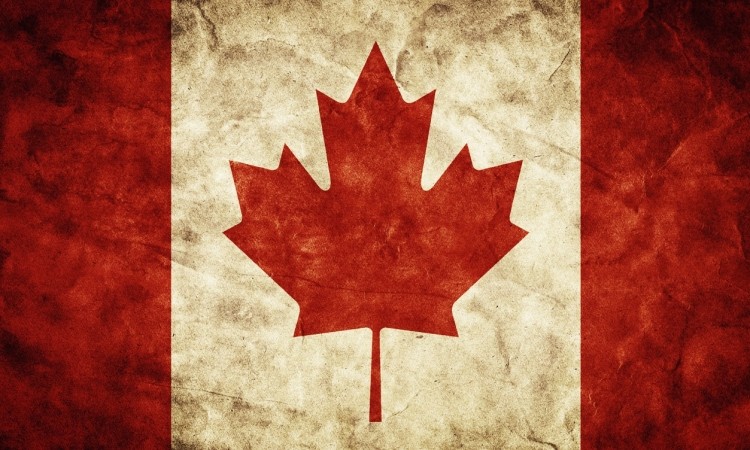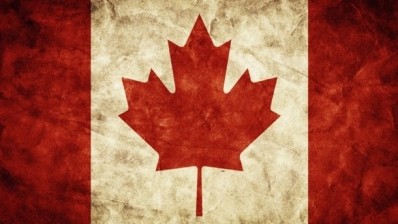Why Health Canada’s proposed overhaul of NHP regs are a concern to the industry

The agency is proposing a new structure for classifying products based on a product's risk. Products like many vitamin, mineral and homeopathic products and cosmetics would be classed as “low risk”, meaning that Health Canada would not review or license these products.
Companies would still be required to meet requirements on quality standards set by Health Canada, but the agency would not review claims, and the claims could not be made about the diagnosis, treatment, prevention, mitigation of a disease or condition.
Recalls and user fees
The consultation document, which can be read HERE, states that there are inconsistencies and gaps in the current post-market powers. While the Agency does have the power to demand a recall or a label change for non-prescription drugs, that power does not extend to natural health products or cosmetics, which are generally considered to be of lower risk.
“Further, for those who break the laws for natural health products and cosmetics, the maximum fine is $5,000 compared with fines in excess of $5 million for non-prescription drugs,” notes the agency.
An industry source suggested that the consultation document may be a shot across the bow of the industry to try to implement some kind of cost recovery: Health Canada currently charges fees to companies wanting to receive a license to sell a non-prescription drug, but does not charge fees for companies bringing natural health products and cosmetics to market. “Health Canada will be examining a more consistent approach to the application of user fees for self-care products,” states the Agency in the document.
The consultation period closes October 24.
Current Natural Health Product Regulation in Canada
“To be legally sold in Canada, all natural health products must have a product license, and the Canadian sites that manufacture, package, label and import these products must have site licenses,” states Health Canada.
Licensed natural health products are assigned an eight-digit natural product number (NPN), which is displayed on the product label.
“To get product and site licenses, specific labelling and packaging requirements must be met, good manufacturing practices must be followed, and proper safety and efficacy evidence must be provided.”
“A concern”
So what does the industry think about such changes? Cheryl Kos, ND, regulatory affairs research analyst at Metagenics, said that the tone and content of Health Canada’s proposal are of concern, “as is the lack of detail regarding how ingredients such as probiotics and botanicals are meant to be regulated under the proposed format and how the over 100,000 existing NHPs with NPNs and approved claims will be treated.
“The proposals appear to seek to upend a system upon which industry has spent many millions of dollars seeking to comply with, and intends to replace it with a vaguely-described new one that promises to cost more while restricting claims and product availability,” he said.
“The proposal states that consumers may believe that products situated in proximity in stores are equally effective, and seems to critique NHPs repeatedly because a lower percentage of consumers consider themselves well-informed when buying NHPs as compared to ‘other’ self-care products (OTCs and cosmetics). Neither shelf proximity nor percentage considering themselves well-informed seems a reasonable basis for determining that NHPs need to be regulated in any different way (to which they refer, in further diminution of NNHPD, as ‘modernization’),” noted Holmes.
Steve Holmes, manager of regulatory affairs at Metagenics, added: “A final concern comes from the fact that, during its evolution, the NNHPD experienced 10 years’ worth of backlogs: how many more will industry and consumers face under this system?”
Negative media
It is possible that the new proposals are in response to negative media targeting dietary supplements in Canada over the last few years. For example, a report on the CBC’s fifth estate show slammed herbs and vitamin supplements as being supported by “weak evidence”.
Another report from the broadcaster on its Marketplace show, which claimed that independent testing found some high profile brands were not meeting label claims. The supplement companies disputed the findings and the CBC had the products retested by another lab. The results showed no problems with the products, leading the CBC to retract its supplement report.







